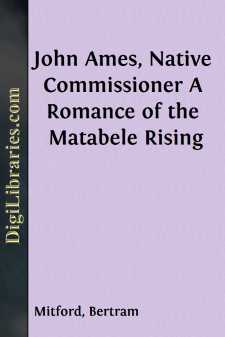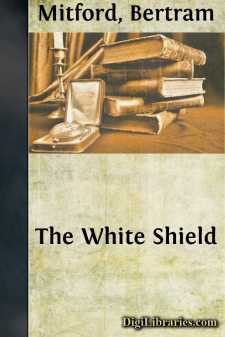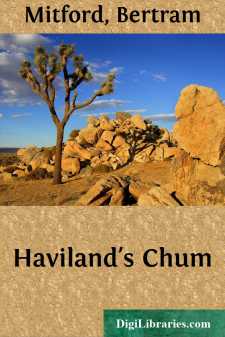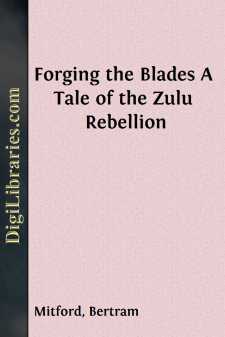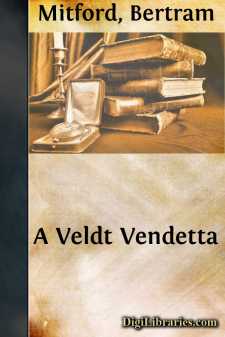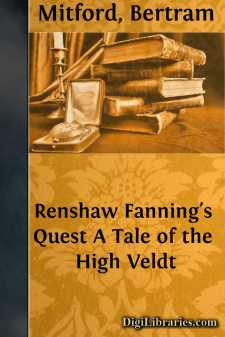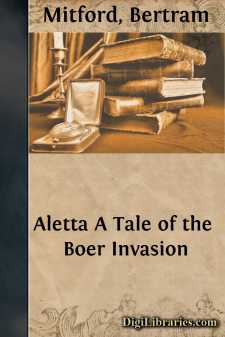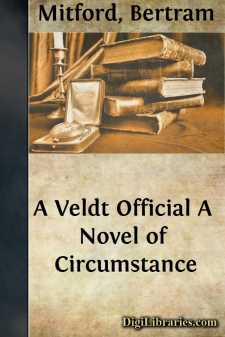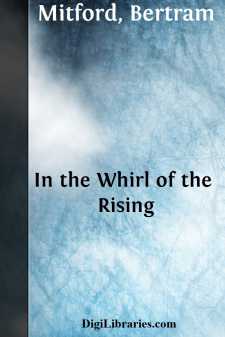Categories
- Antiques & Collectibles 13
- Architecture 36
- Art 48
- Bibles 22
- Biography & Autobiography 813
- Body, Mind & Spirit 142
- Business & Economics 28
- Children's Books 17
- Children's Fiction 14
- Computers 4
- Cooking 94
- Crafts & Hobbies 4
- Drama 346
- Education 46
- Family & Relationships 57
- Fiction 11829
- Games 19
- Gardening 17
- Health & Fitness 34
- History 1377
- House & Home 1
- Humor 147
- Juvenile Fiction 1873
- Juvenile Nonfiction 202
- Language Arts & Disciplines 88
- Law 16
- Literary Collections 686
- Literary Criticism 179
- Mathematics 13
- Medical 41
- Music 40
- Nature 179
- Non-Classifiable 1768
- Performing Arts 7
- Periodicals 1453
- Philosophy 64
- Photography 2
- Poetry 896
- Political Science 203
- Psychology 42
- Reference 154
- Religion 513
- Science 126
- Self-Help 84
- Social Science 81
- Sports & Recreation 34
- Study Aids 3
- Technology & Engineering 59
- Transportation 23
- Travel 463
- True Crime 29
John Ames, Native Commissioner A Romance of the Matabele Rising
by: Bertram Mitford
Description:
Excerpt
Chapter One.
Madúla’s Cattle.
Madúla’s kraal, in the Sikumbutana, was in a state of quite unusual excitement.
The kraal, a large one, surrounded by an oval ring-fence of thorn, contained some seventy or eighty huts. Three or four smaller kraals were dotted around within a mile of it, and the whole lay in a wide, open basin sparsely grown with mimosa and low scrub, shut in by round-topped acacia-grown hills bearing up against the sky-line at no great distance.
The time was towards evening, usually the busy time of the day, for then it was that the cattle were driven in for milking. But now, although the sun was within an hour of the western horizon, no lowing herds could be descried, threading, in dappled streams, the surrounding bush, converging upon the kraal. The denizens of the calf-pens might low for their mothers, and might low in vain; and this was primarily at the root of the prevailing excitement.
In the neighbourhood of the chief’s hut squatted six or eight head-ringed men, sullen and resentful, conversing not much, and in low murmurs. At a respectful distance the young men of the kraal clustered in dark groups; less reserved, judging from the fierce hubbub of angry voices, which their elders made no effort to restrain. Few women were visible, and such as were, kept well within the shelter of the huts at the back of those of the chief, peering forth anxiously, or darting out to retrieve some fat runaway toddler, which seemed to be straying in the direction of all sorts of imaginary danger. And, in the centre of all this brewing commotion, quite unconcerned, although clearly the object of it, stood ten men, or to be more accurate, eleven. These were of the same colour and build, of the same cast of features, as those around them, but whereas the excited inhabitants of the kraal wore nothing but the mútya, these were clad in neat uniform, consisting of blue serge tunic, red-braided khaki knee-breeches, and fez caps; and while the others showed no weapons—as yet—save knobsticks, these were armed with Martini rifles and well-filled bandoliers. They consisted, in fact, of a sergeant and ten men of the Chartered Company’s Matabele Police, and to their presence and errand there at that time was due the brooding, not to say dangerous, excitement prevailing. The nature of that errand stood revealed in the indaba then being held between the two opposing parties.
“Who talks of time?” said the police sergeant, swelling himself out in his uniform, with the swagger of a native of no class who finds himself in a position of authority, and by virtue of it qualified to domineer over and flout those of his own race to whom formerly he looked up with deference. “Who talks of time? You have had time, Madúla—more than enough time—yet the cattle have not been sent in. Now we have come to take them. It is the ‘word’ of the Government.”
A click, expressive of contemptuous disgust, broke from the groups of bystanders, and with it deep-toned murmurs of savage wrath....


